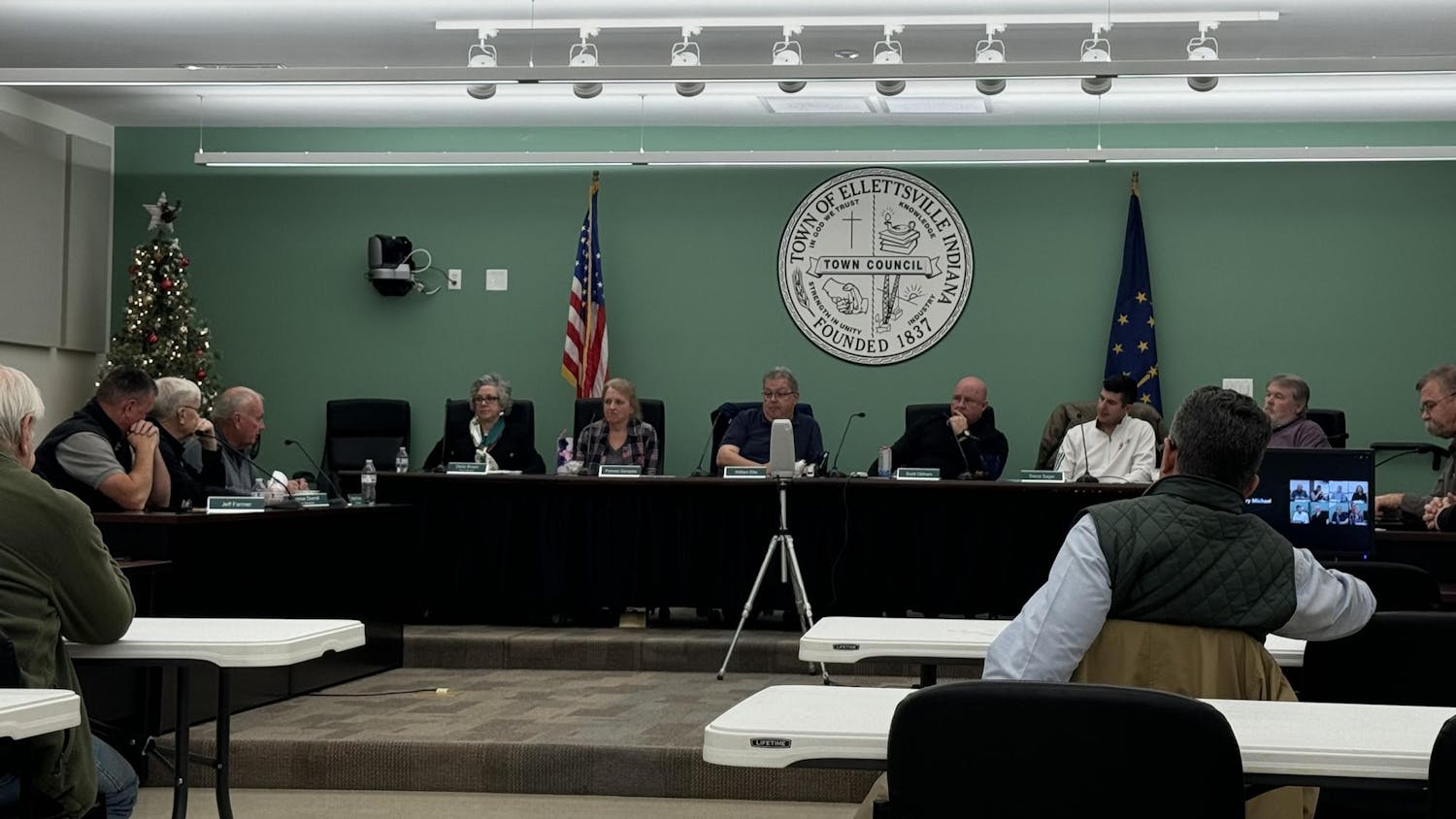Leaders of several U.S.-based Muslim organizations staged an act of civil disobedience in Washington D.C. last week in protest of what Khalid Turaani, Executive Director of American Muslims for Jerusalem, described as "America's uncritical support for Israeli's Apartheid-like policies against the Palestinian people."\nThe six Muslim leaders sat down in the street that runs in front of the U.S. Department of State building, blocking traffic for over an hour. There were no arrests.\nThe ad hoc group of Muslim leaders are calling for a major shift in U.S. policy towards the Israeli-Palestinian conflict, which has claimed the lives of at least 450 Palestinians and 110 Israelis since the volatile relationship once again eroded into violence eight months ago.\nIn a statement released just prior to the sit-in, the Muslim leaders outlined their criticisms, asking the Bush administration to pressure Israel to end their "occupation of Palestinian land," stop the expansion of Jewish settlements and allow the return of Palestinian refugees.\nThe Muslim leaders further insisted that the Bush administration publicly condemn "Israeli aggression" and cut off all U.S. military aid to Israel. "We feel that Israel is taking advantage of the United States' generosity by using the weapons that we supply to them in a manner that is contrary to U.S. laws," said Turaani.\nTuraani said Israel has used U.S. - supplied military equipment against Palestinian civilians, which he said is a violation of the U.S Arms Export Control Act -- the U.S. legislation that stipulates the conditions under which arms purchased from the United States can be used.\nWhile they face an uphill battle, Ibrahim Hooper, a spokesperson for the Council on American-Islamic Relations, said they have reason for some degree of optimism. A State Department official met with the demonstrators and promised to help facilitate a meeting with Secretary of State Colin Powell, said Hooper.\nDefending the strong language used in CAIR's press release, Hooper said the "Apartheid-like" quality of Israel's policies towards the Palestinian people is beyond dispute.\nApartheid refers to the legally sanctioned racial segregation and political and economic discrimination against nonwhites in South Africa from the 1940s until the 1990s.\nIn addition to racial and religious segregation in Israel, said Hooper, "you have conviction without trial, confiscation of land, demolition of homes, and daily humiliations of every sort known to man -- all based on whether or not you belong to a certain race or ethnic or religious group. The problem is that people seem to accept these policies when they're carried out by Israel, but not when they were carried out by South Africa."\nIn 1985, the United States imposed economic sanctions on South Africa to pressure the government to end their racially discriminatory policies.\nTuraani agreed with Hooper that the protest was successful in driving the point home. The fact that the police did not arrest the protesters even though they were engaged in an act of civil disobedience, which by definition is illegal, "showed how uncomfortable we have made them feel at the State Department," said Turaani.\nThe State Department refused to comment on any of the policy related charges made by the U.S. Muslim leaders, but did deny that the lack of arrests revealed any position or attitude of the State Department towards the demonstrators or their cause.\nCAIR Executive Director Nihad Awad, who took part in the sit-in, said they plan to continue to stage similar protests until the Bush administration changes U.S. policy to reflect their concerns.
Muslim leaders protest outside state department
Sit-in targets arms sales to Israel
Get stories like this in your inbox
Subscribe



